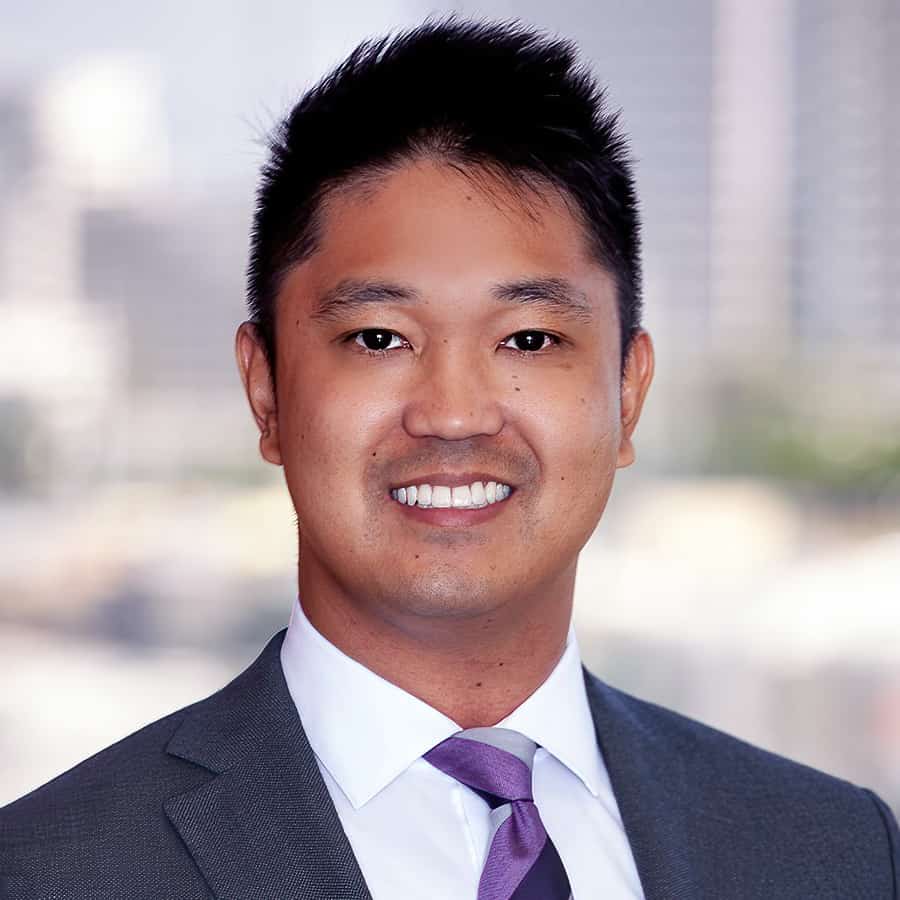In this episode, I talk with Brian Falconer, P.E., SE, principal at Severud Associates Consulting Engineers P.C., about the impact of mentorship on career growth, the value of strong relationships, and the importance of continuous learning, which are all essential topics.
***The video version of this episode can be viewed here.***
Engineering Quotes:
Here Are Some of the Questions I Asked Brian:
- How has mentorship shaped your career — did you actively seek mentors, or did these relationships develop organically?
- What qualities did you prioritize when choosing mentors, and how did these traits influence your learning and growth?
- In your view, would structural engineering firms benefit more from formal mentorship programs, or is organic mentorship within teams more effective?
- Can you share your experiences with mentoring and being mentored, particularly in situations where the mentee struggled to accept feedback or adopt a new perspective?
- How do you create a safe and supportive environment for mentees, especially when they have diverse backgrounds or require tailored approaches to learning?
- What advice would you offer young engineers to help them be more open and effective in a mentorship relationship?
- What tips would you give young engineers on being proactive in seeking mentorship, particularly when approaching senior colleagues with specialized expertise?
- How can networking with professionals at industry events, like summits, expand your perspective and inspire new ideas to implement in your workplace?
- Why do you believe continuous performance reviews are more effective than annual reviews in supporting employee development and strengthening mentorship?
- How does consistent engagement in an employee’s development throughout the year enhance retention and promote overall growth?
Here Are Some of the Key Points Discussed About How Mentorship Can Better Your Engineering Career:
- Collaboration with top designers and architects plays a crucial role in shaping a successful career. Building strong professional relationships can significantly advance one’s career path.
- Seeking out mentors who embody qualities you admire is essential for personal and professional growth. Even well into a career, there’s always something new to learn from those around you.
- Leveraging the diverse strengths and expertise within a team is crucial for comprehensive learning and development. Building relationships with different team members allows for a well-rounded approach to mentorship and growth.
- Integrating the best practices within a company is essential for sustained growth and improvement. Effective mentorship requires patience and persistence, as helping someone grow often involves guiding them through difficult realizations.
- Teamwork and open communication are crucial for success in any organization. Mentorship and leadership skills are essential for effective management and career growth, as they create a collaborative environment where everyone can thrive.
- Early in their careers, engineers may assume they’ll spend most of their time doing calculations, but effective communication becomes just as important for career advancement. Building relationships and developing communication skills are essential for success in structural engineering.
- Being open to learning and actively seeking out those who can teach you is essential for growth. Engaging with the most skilled individuals in your organization or field can significantly enhance your development and career progression.
- Networking with professionals from other companies can offer fresh perspectives and new ideas that might benefit your own organization. Sharing and adopting successful practices from different teams can lead to overall improvement and innovation.
- Continuous feedback and regular check-ins throughout the year are more effective than annual reviews for employee development. This approach ensures ongoing growth and helps align career goals without surprises, strengthening the mentor-mentee relationship.
- Consistent engagement and communication with employees are key factors in retaining talent and ensuring everyone is aligned on their growth and development path. Regular involvement creates a supportive environment where mentorship and progress go hand in hand.
More Details in This Episode…
[su_spacer]
About Brian Falconer, P.E., SE

Mr. Falconer has served on various committees for the government and professional organizations, including president of the Structural Engineers Association of New York and president of First Presbyterian & Trinity Church. He has provided project and team management for multiple large-scale projects. His award-winning projects include: The Neurosciences Institute, The American Folk Art Museum, the Biomedical Research Building at the University of Michigan School of Medicine, The Barnes Foundation, the Singh Center for Nanotechnology at the University of Pennsylvania, the Logan Center for the Arts at the University of Chicago, the World Trade Center PATH Station, 390 Madison Avenue, The Museum of Modern Art Expansion, Moynihan Train Hall, and New York University’s Paulson Center.
About the Host Mathew Picardal, P.E., SE

Sources/References:
Severud Associates
University of Kansas
University of Texas in Austin
ASCE (American Society of Civil Engineers)
CISC (Canadian Institute of Steel Construction)
NCSEA (National Council of Structural Engineers Associations)
ACEC (American Council of Engineering Companies)
Please leave your comments or questions in the section below on how mentorship can better your engineering career.













